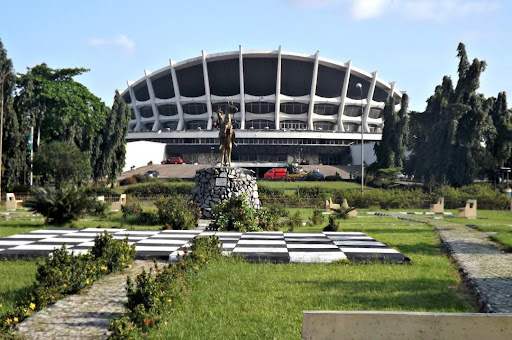Tourism is one of the most powerful engines for economic growth, cultural exchange, and community development across the world. For Nigeria, a country blessed with vast cultural heritage, diverse landscapes, and unique historical narratives, local tourism holds untapped potential. Yet, it remains underdeveloped compared to global standards. To secure its economic and social future, Nigeria must intentionally invest in and amplify its local tourism industry.
1. Diversifying the Economy
Nigeria has long been dependent on oil as its major revenue source, leaving the economy vulnerable to global market fluctuations. By amplifying tourism, the country can diversify its income streams. Local tourism generates jobs, supports small businesses, and attracts investment in hospitality, transport, and infrastructure. Countries like Kenya, South Africa, and Morocco have shown how tourism can significantly contribute to GDP, and Nigeria can do the same.
2. Preserving Cultural Heritage
Nigeria is home to over 250 ethnic groups, each with distinct traditions, festivals, music, crafts, and cuisines. Promoting local tourism helps preserve these cultural treasures by giving communities economic incentives to sustain their heritage. Festivals such as the Argungu Fishing Festival, Osun Osogbo Sacred Grove, and Durbar celebrations not only highlight Nigeria’s uniqueness but can also become global attractions if properly marketed.
3. Empowering Local Communities
Tourism has a ripple effect it empowers artisans, tour guides, transport operators, and local farmers who supply food to hotels and restaurants. When local tourism is amplified, rural and semi urban communities can benefit directly, reducing rural urban migration and unemployment. This grassroots empowerment strengthens social bonds and improves standards of living.
4. Showcasing Nigeria’s Natural Beauty
From the rolling hills of Obudu Cattle Ranch to the breathtaking beaches of Lagos and the historical sites of Kano and Calabar, Nigeria boasts stunning natural and man made attractions. However, many of these destinations are under promoted or poorly maintained. By investing in local tourism, Nigeria can create sustainable infrastructure that preserves these sites while attracting both domestic and international visitors.
5. Enhancing National Identity and Unity
Tourism isn’t just about money it’s about pride. When citizens explore their own country, they gain deeper appreciation for its diversity and beauty. Encouraging Nigerians to travel within the country fosters unity, reduces stereotypes, and strengthens the sense of national identity. Local tourism becomes a bridge that connects different cultures and regions within Nigeria.
6. Creating Global Visibility
Nigeria’s music, film, and fashion industries have already placed it on the global stage. Amplifying tourism would complement these industries by showcasing physical destinations tied to Nigeria’s creative identity. Imagine international fans visiting Lagos not only for Afrobeats concerts but also for guided tours of historical sites, cultural festivals, and natural attractions.
Conclusion
Nigeria has everything it needs to become a premier tourism destination diverse culture, rich history, and breathtaking landscapes. What it needs is deliberate investment, improved infrastructure, effective marketing, and policies that make local tourism accessible and safe. By amplifying local tourism, Nigeria can create jobs, diversify its economy, preserve its heritage, and inspire pride among its people.






